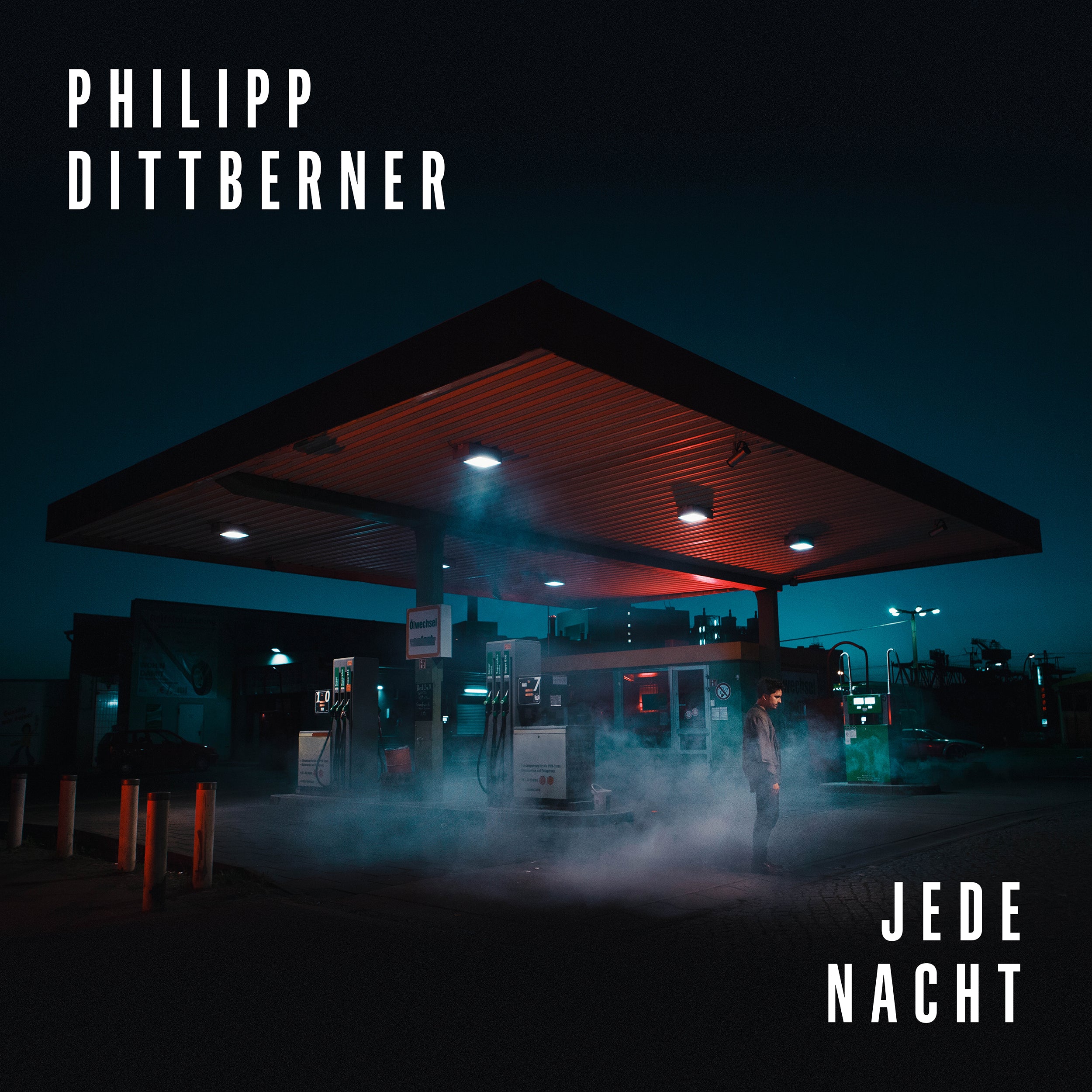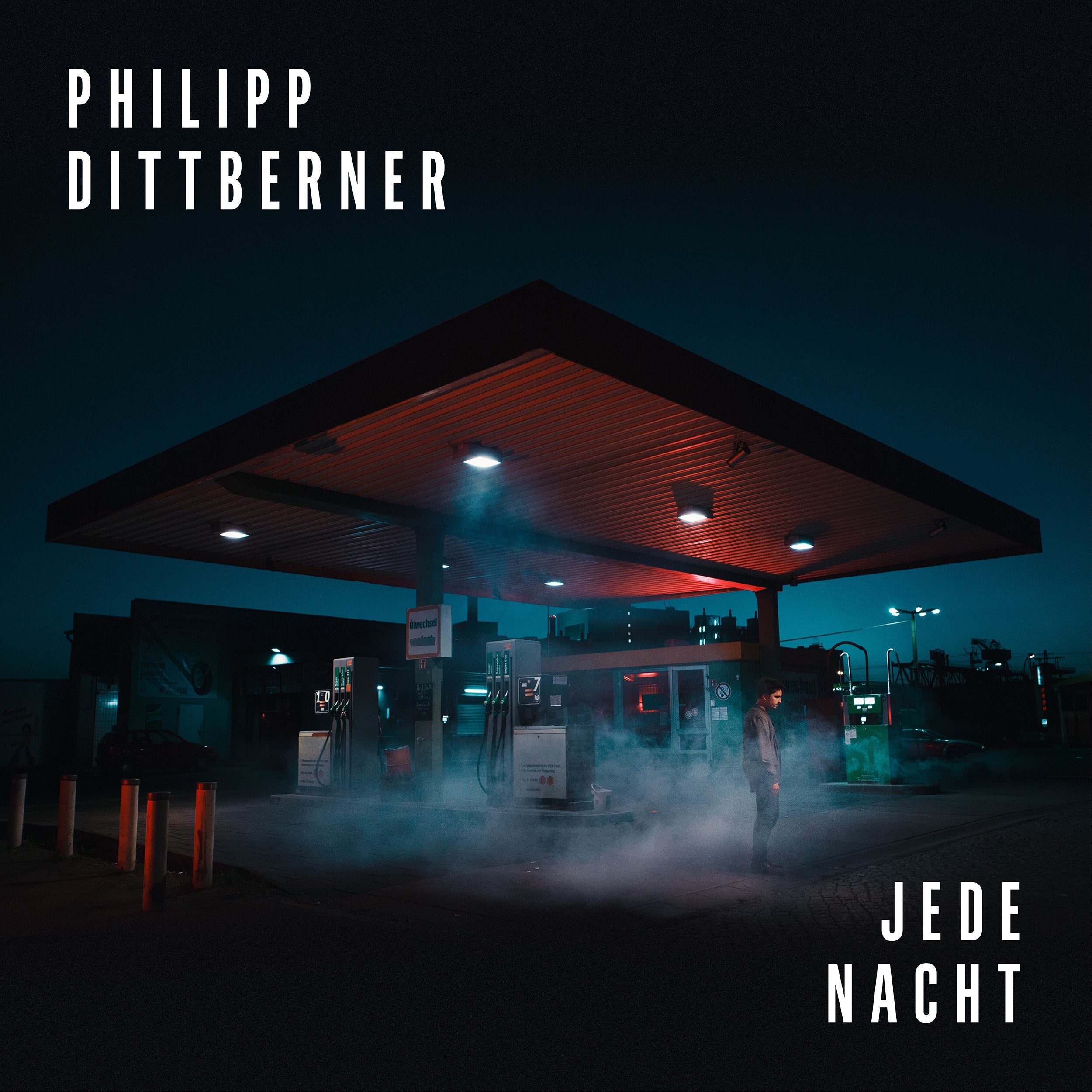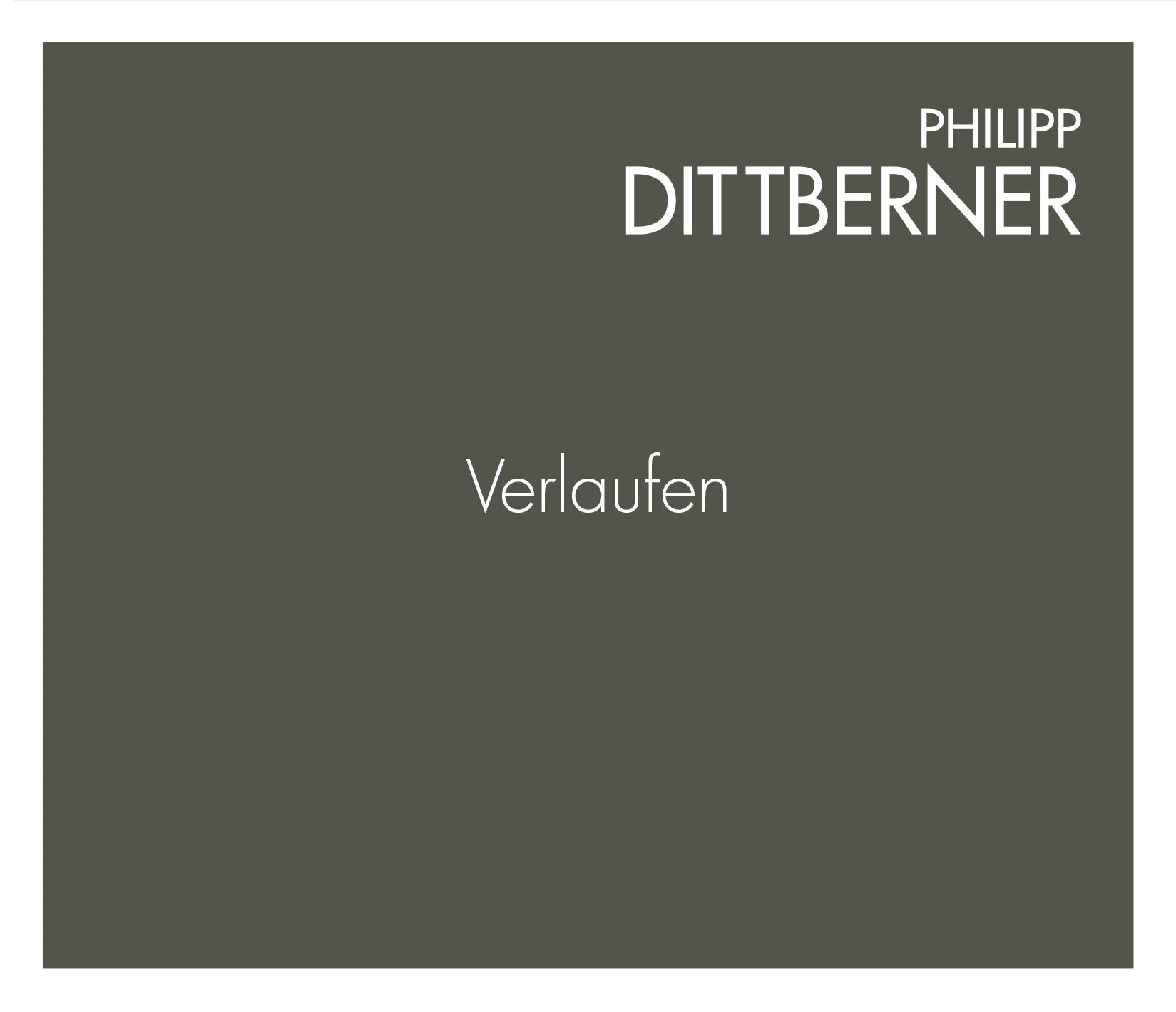
WEBSITE
Philipp Dittberner
Philipp Dittberner manages to capture barely tangible emotions in his songwriting and to meet his fans in their everyday lives. Well-known hits such as "Wolke 4" (2015, four times gold) show how timelessly Dittberner writes German music history. In 2022, he reached 22 million viewers on TikTok and Instagram with his format "Songs for Strangers" and "Wolke 4" again reached #1 in the TikTok charts. His 3rd album "Alles ist ein Augenblick" reflects love and friendship with emotional depth. A notable track is "Ein Zuhause", a political piece with Herbert Grönemeyer that builds bridges between generations. "Hier, in dieser Stadt" samples Hildegard Knef and explores his love-hate relationship with the capital. This pop album combines intimate and intense moments and shows how Dittberner masterfully interweaves feeling and sound.
Philipp Dittberner – Alles ist ein Augenblick
For Philipp Dittberner, writing music is like painting without a sketch: at the beginning it is more of a mere feeling, a faint idea or a vague motif that wants to be put on a white surface. For him it is then about standing in front of the easel with the guitar. Painting a picture with words and sounds that speaks to people. And then the Berlin musician starts to mix the colors and draw the brush across the canvas. Rough surfaces become color gradients, details become visible, light and shadow emerge.
The stories that his songs tell along the way and since his first big hit "Wolke 4" (2015, four times gold to date) have delighted a steadily growing audience, so they are not planned. They are created in the moment. Text and music emerge from each other, condition each other, play with each other. 60, maybe 70 songs have been created in this way over the last five years, because especially during the pandemic, making music became a place of retreat for the songwriter. Or: a place of longing. In the twelve songs that are now on Alles ist ein Augenblick, his third studio album, to the past. Longing, nostalgia, the feeling that things are changing and will no longer be as they once were – these are the feelings that Philipp Dittberner describes: In pieces like Immer wieder, Erinnerung or Zu Spät he reflects on the great themes of love and friendship throughout the ages, exploring Irgendwas dazwischen, Keine Freunde, Nur beste Freunde what this can mean for the relationship between two people.
What carries a certain melancholy on a textual level is dressed up in a much happier guise musically: Philipp Dittberner's music is full of joie de vivre. Because the realization that everything in life was once a moment lets him know: There are many more of these moments to come that touch you, that determine the relationship between two people and will make a place special forever. So it is that emotional thoughtfulness that lifts you up more than it drags you down, which at the latest Alles ist ein Augenblick as Philipp Dittberner’s artistically curved handwriting is revealed.
Philipp's motivation is to find out something. Und der Mensch for example, he tells of a fate that he has observed and from which he now attaches something that can be applied to life. Or in his own words:And man makes mistakes to separate / To then feel alone / He repeats things over and over / Even if they don't work.Philipp Dittberner pays attention to these people when he sings about Mary, the first, powerful single, translates his empathy into pop music and also shows his growing affinity for German rap.
A special piece is certainly Ein Zuhause, which is about flight and expulsion and the tragic lives that come with it. The song is Dittberner's most political piece to date, tells a ruthless story of suffering, loss of home and death, and is intended to give food for thought to all those who, in their decadence, lose compassion and take their privileges for granted. Philipp, for whom the piece is particularly important, could hardly believe it when none other than Herbert Grönemeyer agreed to support him with his second voice. This song not only builds a bridge between the generations of artists, but also becomes a committed plea for humanity.
Last but not least, another great voice in German music history appears: Hildegard Knef, sampled from crackling vinyl, sings on In dieser Stadt together with Dittberner, a love-hate feeling for the capital Berlin, whose children they are both. Knef knew Dittberner from his grandparents, and showed the first demos of his song to his beloved grandmother on her deathbed. And so ends Alles ist ein Augenblick as personal and intimate as it began – and yet, or perhaps because of that, it is a great, entertaining pop album full of intense moments right up to the last note.









